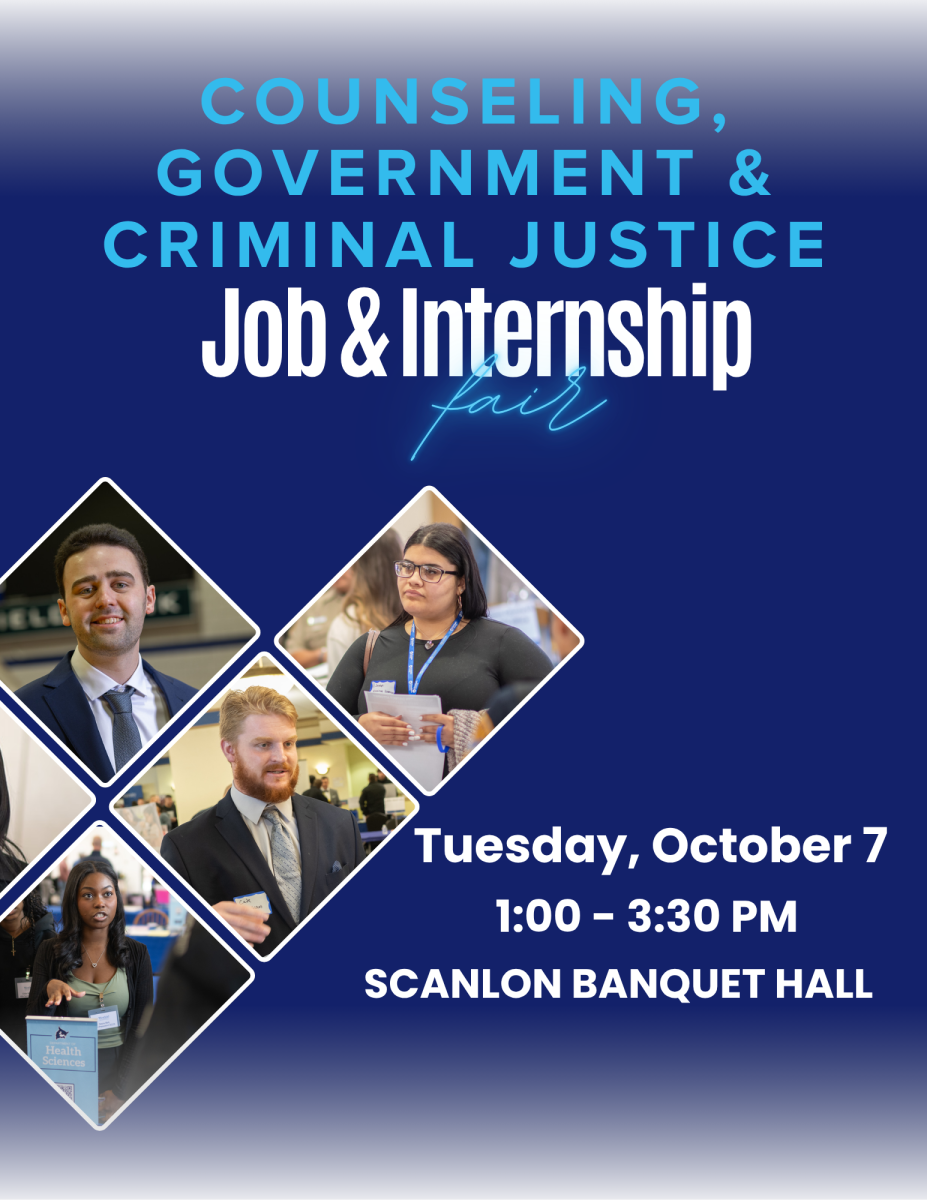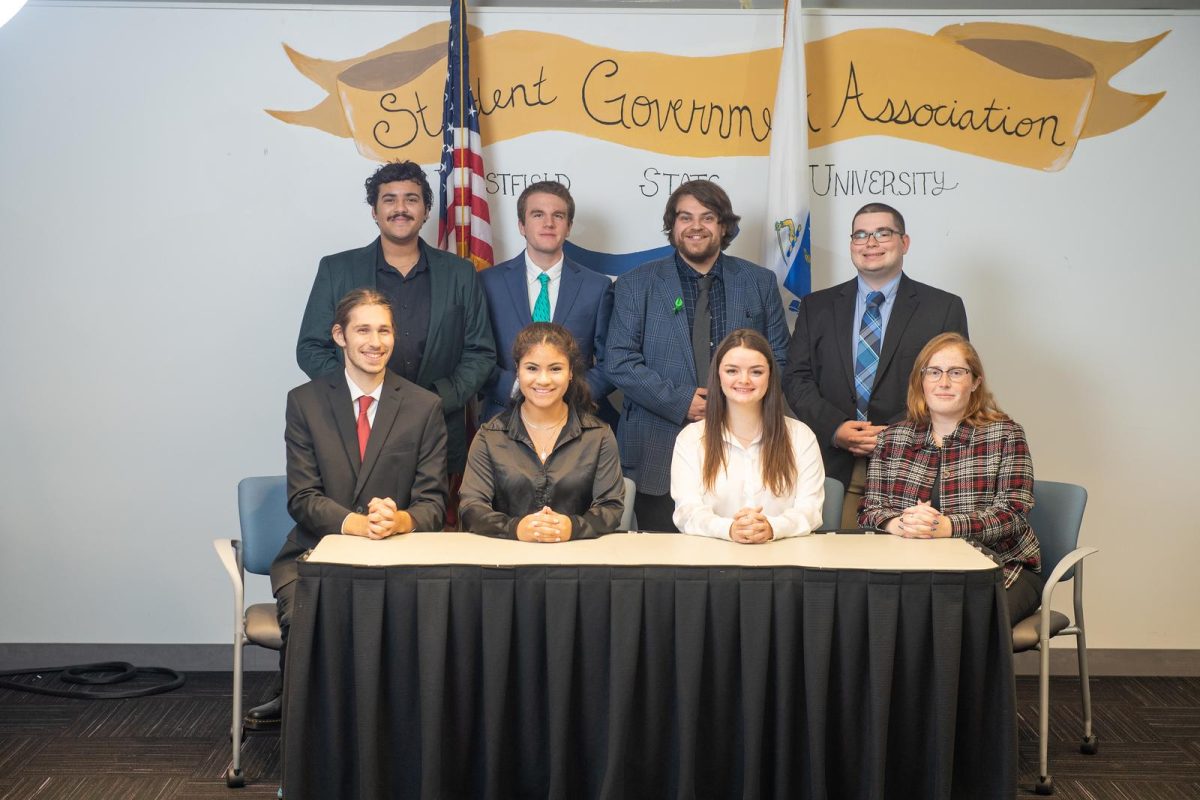Between March 4-6, the Westfield State University chapter of Massachusetts State College Association, the union of faculty/librarians (MSCA) held a vote of No Confidence in President Torrecilha’s leadership skills and fiscal stewardship.
They had the greatest voter turnout in the history of the chapter, with 81% of full-time faculty and over 40 part time faculty participating. The results are as follows:

211 votes of no confidence 6 votes of confidence 2 abstentions
According to the MSCA, this vote cannot be explained away by the recent contract negotiation*, which unfortunately affects all sister state schools.
Other schools talked about, but did not hold, their own votes of no confidence. The vote was taken here at WSU because our faculty believe the president is especially problematic.
“Westfield MSCA members made it clear that our concerns are not singularly nor primarily about contractual issues, but address the president’s lack of leadership and his top-down leadership style; a campus culture of dismissing faculty voices, concerns and input; the failure to keep promises of transparency at all levels, including financial; and the university’s overall direction, including academic and strategic priorities.” (communication from MSCA executive leadership)
Faculty concerns with President Torrecilha are outlined at the end of this article, but could be roughly summarized as follows:
Lack of financial transparency and responsibility: Not only do there continue to be unfilled faculty lines, but many areas of campus are understaffed and underfunded, and vacancies remain unfilled while the president moved forward with a highly expensive restructuring plan; hiring many new administrators, assistants, and deans, and giving out cash bonuses to members of his cabinet although refusing to give the faculty the equivalency earnings they were originally promised.
Uncommunicative and uncooperative behavior with faculty and staff: putting them on governance committees, but paying only lip service to their contributions; engaging in increased threats of insubordination to more members of all three campus unions than in the past; and failing to inform the Board of Trustees (BOT) of faculty discontent.
Attempts were made to contact President Torrecilha regarding the Vote of No Confidence. After a long pause, the President finally issued this response on March 27:
“Dear Faculty and Staff:
In deference to thoughtful conversations between the Board of Trustees and the Westfield Chapter of the Massachusetts State College Association and my own conversations with the Westfield State University Board of Trustees, I have not yet made a public statement regarding the vote of no confidence cast by the faculty earlier this month. Such a delay is not an indication of my disregard of this significant action, as I take it very seriously.
The vote resonates and underscores the faculty’s strong passion for quality higher education and student success. I respect that and share their strong commitment to our students’ success.
I am hopeful and willing to identify new ways and improve upon existing ways in which our administration and the faculty union can work together. I’ve reached out to the vice presidents, who also share this willingness to contemplate and implement measures to regain fruitful and productive collaboration as we work together in the interest of Westfield State students.”
Board of Trustees (BOT) Chair Kevin Queenin issued an earlier statement, which affirmed Torrecilha’s leadership, but seemed to ignore faculty and staff grievances:
“It is immensely disappointing and puzzling to learn of the Massachusetts State College Association/Westfield State Chapter’s move to call a vote of confidence/no confidence in Westfield State University’s president. An effective and transparent leader, President Torrecilha has had the full support of the Board of Trustees throughout his tenure and the long collective bargaining process and we are pleased that an agreement has been reached on the contract. The Board recognizes and appreciates the president’s strategic oversight to improve the University’s overall direction and community engagement in just three years. His significant accomplishments in elevating the University’s academic profile, replacing open faculty and staff positions at a time when other organizations are not, and increasing Financial Aid and private fundraising to support student success all speak loudly to the University’s exceptional good fortune in having a leader of Dr. Torrecilha’s caliber and intellect.”
Due to Queenin’s failure to acknowledge faculty and staff concerns, when even the president publicly acknowledged these concerns, a communication breakdown can be highlighted.
It is possible that if the BOT had communicated more with faculty representatives, they could have addressed management issues before they resulted this widely publicized vote.
It has been reported that Queenin’s statement was made before he met with and listened to MSCA representatives about their concerns. Communication between the MSCA and the BOT is now supposedly in progress, so the BOT’s final opinion on President Torrecilha remains to be seen.
The BOT is responsible for hiring and firing university presidents (among other significant financial decisions), and will ultimately decide whether to investigate and act on President Torrecilha’s behavior. Many faculty, whose own performance is constantly evaluated, reason it should be no different when it comes to university presidents.
It is important to know that there are three unions on campus, MSCA, APA, AFSCME. It has been anonymously reported that members from all three, including staff of facilities, public safety, and mid-level administrators, have apparently felt unheard and bullied by President Torrecilha in recent years. Some MSCA members can currently speak out because they are protected by academic tenure.
The vote of no confidence is a glaring, public action, yet perhaps needed to open lines of communication between management and regular university employees. In a similar fashion, Westfield Student Government Association has been called out via a publicly sent email for apparently not addressing students concerns for the well-being of their faculty.
This moment now offers an opportunity to open new lines of communication at many levels of the University, from the students all the way to the BOT, so that solutions may be reached and morale improved.
Read on for some background on the latest contract negotiation.
—————————————————–
*Unions negotiate contracts with employers on behalf of workers in order to ensure fair treatment and good working conditions. The MSCA contract is negotiated with the Council of Presidents (COP) of public universities in MA.
The most recent union contract negotiation was problematic because the COP refused to honor certain raises originally agreed on; specifically, credit equivalency raises that compensate faculty for taking on student internships, independent studies, courses by special arrangement, labs, student teaching, and honors projects.
The COP withdrew their agreement and introduced a new contract without equivalency raises. The MSCA alleges that the COP used inaccurate and secret cost formulas to exaggerate the price of equivalencies, which were far greater than those projected by the union. The new contract was voted in without equivalencies, even though Fitchburg State, Bridgewater State, and our own MSCA leadership voted against it.
Throughout the contentious and drawn out negotiations, many faculty and librarians have been in “work to rule,” which involves not working above and beyond contracted job duties. “Work to rule” specifically emphasizes the importance of equivalencies, because it demonstrates how important it is that faculty continue “high-impact practices” that equivalencies pay for.
Often, faculty take on more “high-impact practices” and other duties than contractually obligated to, and those extra tasks may feel a pinch under “work to rule.” Faculty will still complete their full job as required; some students will be affected more than others. It is also important to note that many faculty do not fully or consistently adhere with work to rule, as they feel their extra contributions to student learning are too important to withhold.
—————————————————————————
Concerns raised by faculty & librarians include the following:
A culture of dismissing faculty input, from search committees to major advisory committees:
Although the president cites faculty input on committees and in strategic planning, faculty do not feel their voices, concerns or recommendations are listened to or heeded ever.
The Academic Planning & Strategic Planning processes on the restructuring of Academic Affairs were particularly problematic, confusing and rushed. There is also failure to follow all WSU past practice and allow MSCA faculty and librarians to select their own representatives to serve on committees.
Instead, there’s an effort to unduly influence faculty representation on committees by using nominating processes that do not demonstrate trust that the faculty can choose their own representation, although they are contractual.
The spirit of many of these choices by the president violate the long-held tradition of shared governance and shared decision making that is at the heart of every university. In other cases faculty input is treated as an attempt to usurp the authority of academic affairs if that input does not match the administration’s views. Many experience a pervasive distrust of faculty. This has created a culture allowing administrators to treat faculty in dismissive and disrespectful ways rather than as partners and colleagues who are deeply committed to serving our students.
Lack of transparency relating to the institution’s financial situation & decision-making processes:
Faculty and librarians are concerned about the increases in student fees, reallocation of resources, significant delays in the process for new hires throughout the university, and questionable financial decisions throughout the campus that affect the institution without any explanations or attempt at providing a vision.
The failure to provide this information shows a disregard for the campus community, the spirit of shared governance, and basic lack of leadership skills. The allocation of resources is a signal of the president’s priorities—if we read his allocation as an expression of what he values, then the faculty does not share his values.
Failure to develop positive working relationships with faculty, librarians, and staff:
The president knowingly came to a strong union campus that had suffered a severe, public scandal and has acted in a manner that has often appeared antagonistic towards his faculty— and other unions— rather than respectful and supportive. The president evidences little real relationship with faculty: information is primarily communicated through emails.
He has created few mechanisms or genuine communication channels with the campus despite the fact that this was recognized as a need from day one. He has failed to adequately respond to requests or suggestions for improving the relationships and culture at our campus.
Widespread perception of a bloated administrative structure:
Increased number of academic administrators, administrative salaries & VP bonuses, and the increased number of highly-paid staff in the President’s Office, including two highly paid executive assistants to the president are of concern.
Administrative positions have increased while teaching faculty positions have decreased. There have been significant delays in approving faculty searches, and many faculty positions have not been filled after retirements. The process of approving faculty lines/replacements has been confusing and the criteria not as transparent— in fact it has changed every year of this presidents tenure.
Appointment of CGCE dean and a provost with no faculty/librarian input:
The current provost was appointed to an unprecedented 4-year term at an unusually high salary when faculty feedback had requested an interim appointment to allow for a future vetting process per past WSU practice. The recently departed CGCE founding Dean was appointed to a permanent position of a College without any input from faculty or staff. When individual faculty tried to provide feedback on the appointment they were dismissed.
No approval of faulty positions:
Essential faculty positions have not been approved for over two years, impacting students’ classroom and advising experience (larger classes, more advisees per faculty, some in departments with the greatest number of majors), with no rationale or strategic plan for how to guarantee students’ educational experience in the face of these cuts. Key departments are staffing courses primarily with adjuncts and have been significantly hampered in their ability to offer day courses.
Student Fee Increase:
Student fees will be increased $721 next year (7.6%) without input from students or faculty and without a rationale or strategic plan for how to recruit or retain students in the face of increasing costs to them and their families, nor is there any communication plan to work with students and families to make it possible for students to manage this increase.
Failure to fund high-impact practices:
Although the president touts the “Westfield Experience” and student opportunities to engage in “high impact practices,” he has not championed union efforts to have faculty compensated fairly for supervising independent studies, student research, internships, and Honors projects. Student funding to attend conferences was also slashed this academic year, with no explanation provided.
Failure to honestly calculate the cost of funding the credit equivalencies for such faculty work. The president repeats his claim that funding the new “equivalencies” (ex. increasing the credit faculty receive for supervising an independent study from 0.25 to 0.5 or internship supervision from 0.33 to 0.5 credit) will cost $668,000 – $1.37 million annually, but has not shared the formula or assumptions on how such costs were calculated.
The inflated costs that he and the 7 of the other 8 university presidents submitted to the bargaining team is one key reason that our contract is stalled now at the table and is responsible for the need to return to bargaining in the first place.
Deep concerns over how the new college structure was implemented:
Although many faculty supported the idea of moving to a college structure, or recognized the need for a restructure of Academic Affairs that served the WSU community better, there are deep concerns that key recommendations of the committee tasked to develop the proposal have been ignored.
The complex and even contentious experiences of faculty on the Advisory Committee on Academic Planning (ACAP) is not accurately represented in the President’s communications, nor are the differences between that committee’s recommendations and the final structure acknowledged.
Moreover, if this process had not been rushed & had the committee been given time to more fully assess the needs of Academic Affairs, we believe some more creative ideas and solutions could have emerged. Moreover, many chairs have not experienced the new college structure, as it currently functions, as beneficial. They report that it adds another layer of work to their responsibilities.
Many have deep concerns about the number of academic dean positions, which increased from 2 to 5 under the current structure, or perhaps 6 if the new position of Associate Dean for Fiscal Management and Budget Planning is counted.
Failure to adequately address hate incidents on campus in a way that makes all students feel safe, resulting in demoralization among faculty, staff and students of color, LBGTQ students, faculty and staff and Jewish students, faculty and staff:
Those incidents clearly targeted all of these groups — Swastikas have multiple meanings in this country at this moment for example —yet leadership failed to address the scope of this problem on the campus.
Those incidents and leadership failure to deal with them in a broad-based way resulted a loss of enrollment/transfer for some students. Although a diversity consultant was brought in (Dr. Lewis) and an assessment made and presented, faculty are concerned that the full spirit of his recommendations have not been implemented or fully discussed.
Failure to fill staff vacancies (APA & AFSCME) in a timely way in many areas of university life have severely hampered the entire university’s operations and overburdened staff:
Cost savings from not filling faculty positions have, at times, gone to non-academic campus needs. In some cases these may have been justified and served students’ needs, such as the football field, but the process was not transparent.
A Deal’s A Deal – Failure to Honor a Signed Contract:
The fact that Pres. Torrecilha signed a union contract which he, along with the Council of Presidents and the Commissioner of Higher Education, then repudiated has created great ill will and distrust. The president has failed to advocate on behalf of his faculty and librarians in meaningful, creative, demonstrable, and convincing ways, despite lip service to the contrary.




























